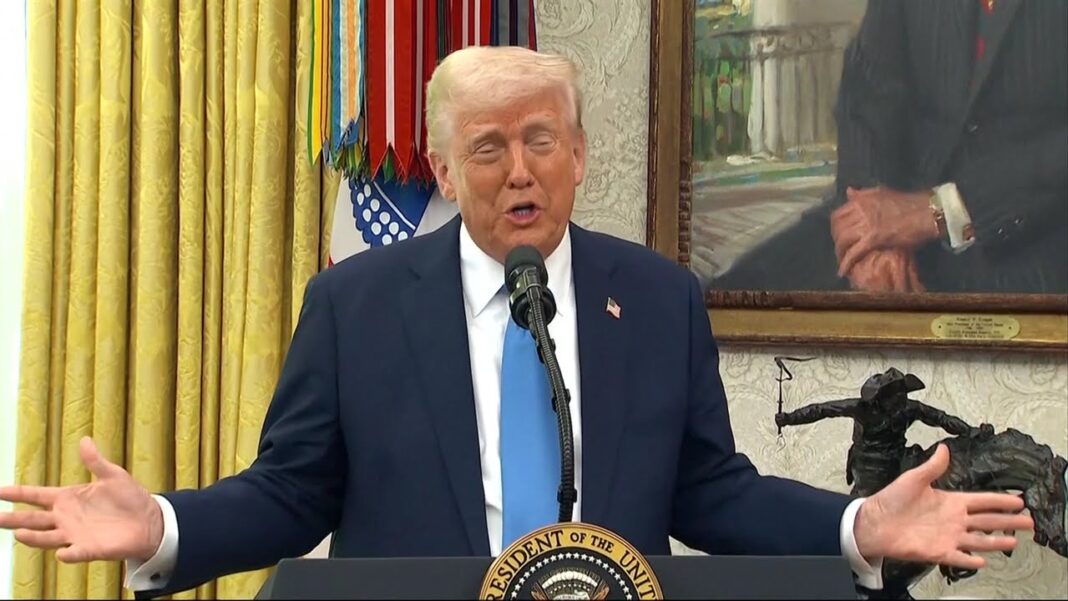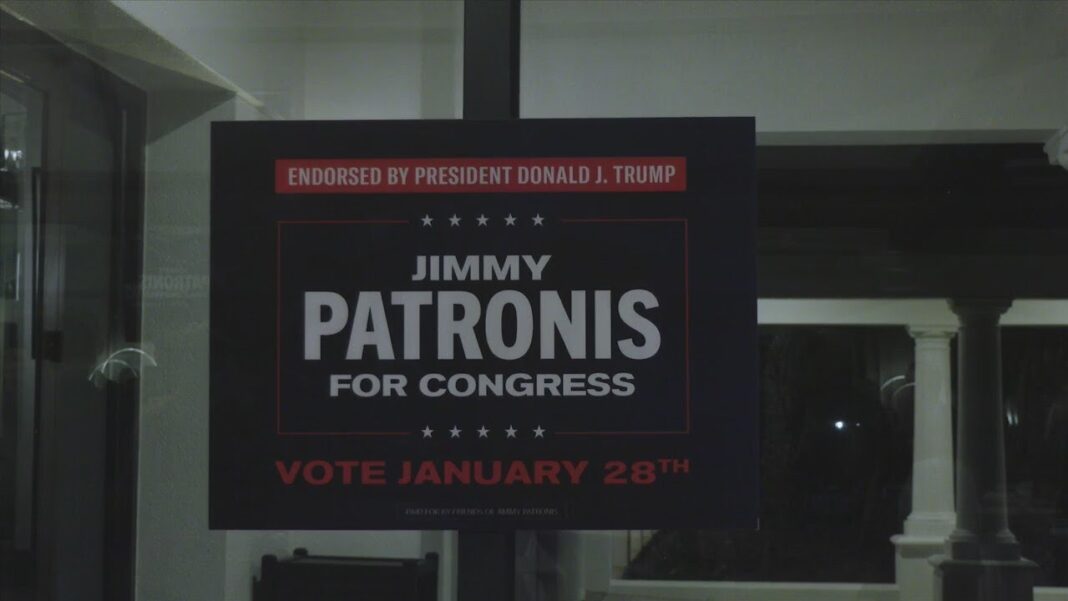Democrats countered during an April 1 hearing that Trump is threatening the judiciary’s independence and separation of powers.
Republican members of Congress have been pushing for legislation that would prevent federal judges from issuing nationwide injunctions—a form of court intervention that has drawn increased scrutiny in recent years.
Rep. Darrell Issa (R-Calif.), who chairs the House Judiciary Committee’s Subcommittee on Courts, Intellectual Property, Artificial Intelligence, and the Internet, said during a subcommittee hearing on April 1 that judges were exceeding their authority.
“Activist district court judges [are] usurping themselves with their Article 3 power and imposing, on the nation, injunctions beyond the scope of what the United States Congress under statute has given federal judges,” he said.
Issa and Senate Judiciary Chair Chuck Grassley (R-Iowa) have introducedbills designed to limit injunctive relief. Grassley, who introduced his legislation on March 31, was expected to chair a hearing on the issue on April 2.
During the House hearing, congressional Democrats accused Republicans of overstating President Donald Trump’s authority and alleged that Trump was receiving so many judicial roadblocks because his agenda was exceeding the limits of his power.
“Somehow … we are here today to talk about the overreach of the federal courts, not the overreach of the executive branch official who is doing the overreaching,” Ranking Democrat Member Hank Johnson (D-Ga.) said.
On March 28, the Congressional Research Service said it had identified 17 cases in which federal courts have issued nationwide injunctions during Trump’s second term. The first three years of the Biden administration saw 14 nationwide injunctions, according to the Harvard Law Review.
One of the witnesses at the April 1 hearing, former Republican House Speaker Newt Gingrich, warned the committee of a potential “judicial coup d’état” with nationwide injunctions that he said “seized control of various executive branch duties.”
By contrast, University of Pennsylvania Law School professor Kate Shaw told the panel that the premise of the hearing—that judges had exceeded their authority and that this called for some response—was “badly mistaken.”
By Sam Dorman







